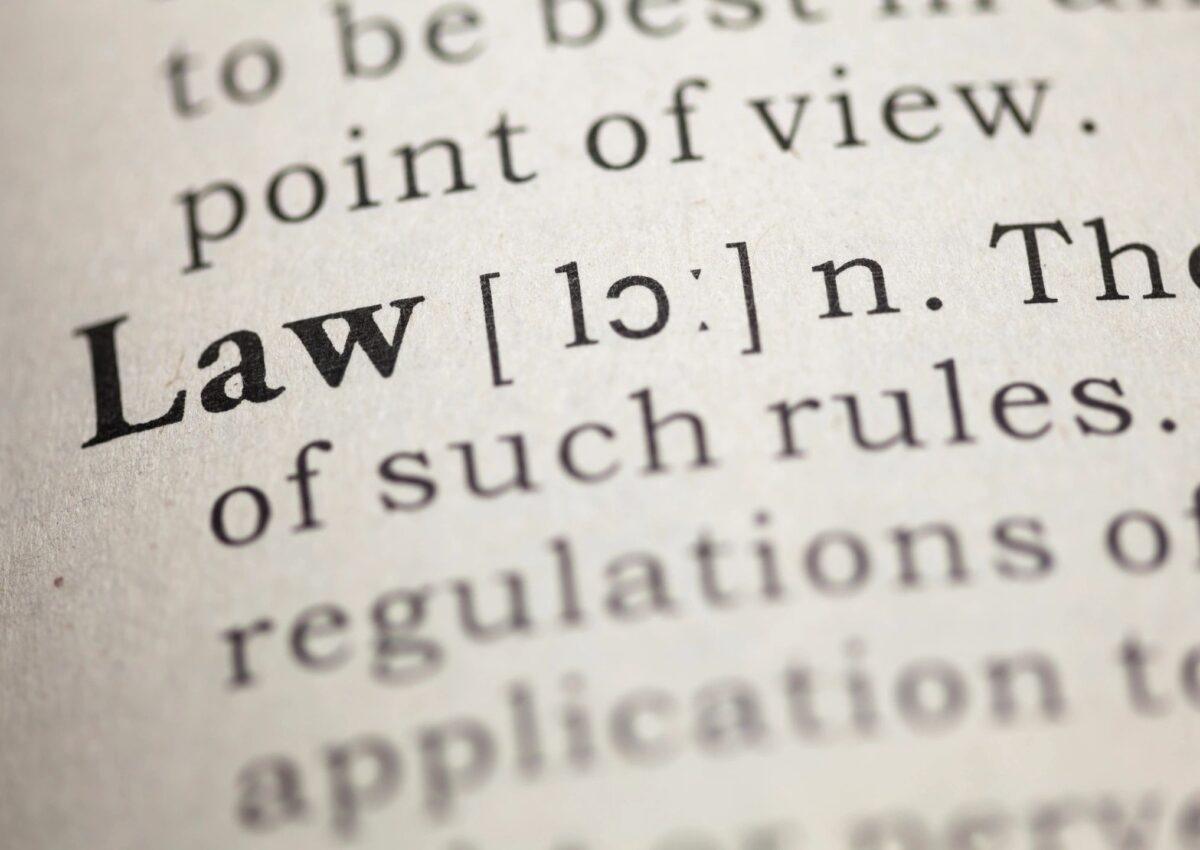
In California, an objection to a “lack of foundation” is raised when a question is posed without establishing the necessary groundwork for the witness to provide a valid answer. A foundation refers to the preliminary facts or background information needed to support the question being asked, ensuring that the witness has the personal knowledge or expertise to respond accurately. For example, before asking a witness about a specific document, the attorney must first establish that the witness is familiar with the document and that it is relevant to the case. Without laying the proper foundation, the question may be deemed invalid or inadmissible because the witness may not be in a position to provide a credible answer.
This type of objection is important to ensure the integrity and reliability of the evidence being presented. If a proper foundation is not laid, the witness may be asked to testify about something outside their knowledge or expertise, which could mislead the court or jury. Under California Evidence Code sections 702 and 800, the witness must be qualified to answer based on their personal knowledge, perception, or expertise. If the foundation is lacking, the objection is typically sustained, and the attorney is instructed to establish the necessary facts before proceeding with the question.
Visit: https://inlandempirelitigation.com/
Law Offices of James R. Dickinson – 909-848-8448
How To Schedule A Consultation:
Please call us at 909-848-8448 to schedule a free consultation/case evaluation or complete the form immediately below. [Please note certain formalities must be completed to retain the Law Offices of James R. Dickinson, such as the signing of a legal fee agreement [see “Disclaimers”]].
